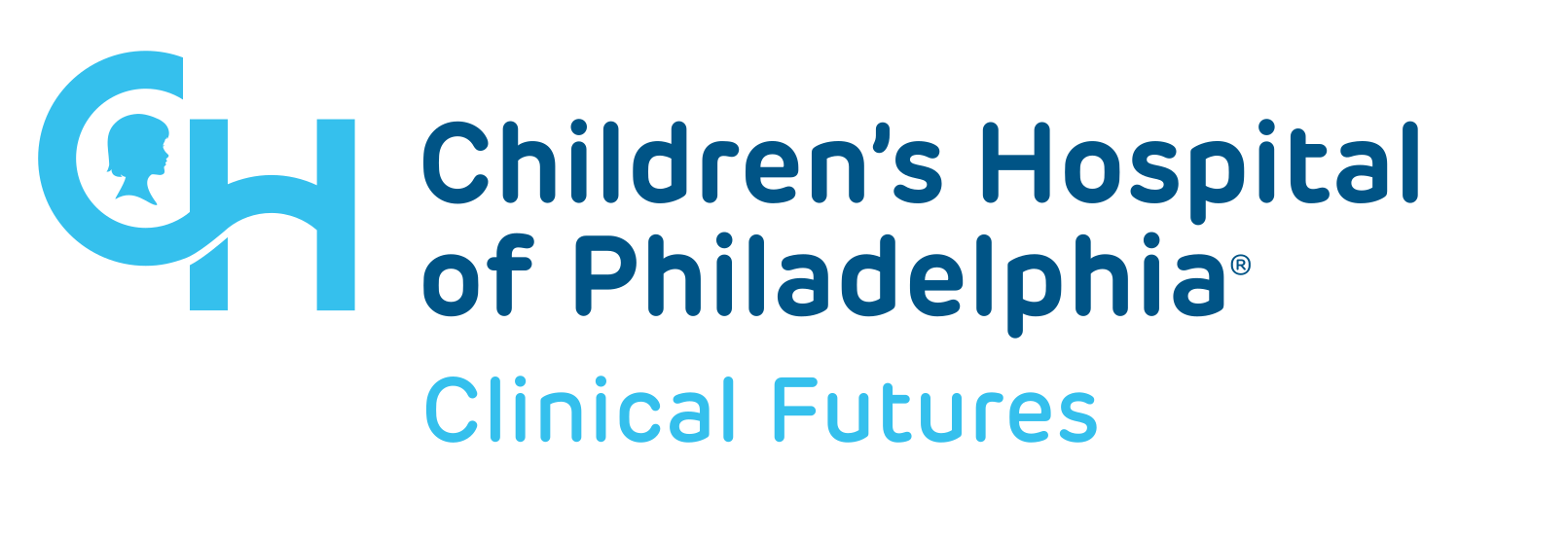Research In Practice Blog
Breadcrumb

Smoking is the leading cause of preventable disease, disability, and death in the US. (It has been for decades.) And, tobacco use is still far too common across all age groups, with 2022 data showing a whopping 16.5% of high school students reporting current use.
While public policy actions are effective in protecting children from tobacco and nicotine, research has shown that parental tobacco use is a major factor in child tobacco use and smoking behavior. Parental smoking is also directly responsible for negative downstream effects of smoke exposure, like respiratory problems, ear infections, and chronic illness.
It is well known that quitting smoking is notoriously difficult. Quitting often requires that physical dependence is overcome, daily habits and routines are adjusted, and social practices are reconsidered. While, in theory, clinicians are well-positioned to encourage changes in smoking behaviors, structural barriers to such opportunities include technological capabilities and clinician inexperience.
Study Overview
Fortunately, new research, co-led by Clinical Futures Associate Director of Clinical Impact, Brian Jenssen, MD, MSHP, and Frank Leone, MD, MS, Director of Penn Medicine’s Smoking Cessation Program is showing that intentionally designed prompts delivered via electronic health record (EHR) platforms can increase engagement in tobacco use treatment (TUT). Dr. Jenssen, Dr. Leone, and their team of collaborators through Abramson Cancer Center at Penn Medicine studied 246 clinicians and 2,146 of their patients receiving oncologic care who identified as current smokers. The researchers used behavioral economics data to develop and implement evidence-based TUT ‘nudges’ that were delivered through the EHR to patients and clinicians over the course of one year. These nudges helped guide conversations and facilitated TUT program referrals.
Key findings: Physician nudges do work.
Dr. Jenssen and colleagues analyzed rates of referral to TUT services or provision of TUT medications during the study period. They found that the clinician nudge led to a significant increase in TUT penetration versus usual care and proved to be an effective approach for helping people successfully quit smoking. When done well and in a non-judgmental way, the EHR nudge can help clinicians to increase engagement in TUT.
Implications for Pediatricians
This research reveals a unique opportunity pediatricians have to help children whose family members smoke. Many parents have a strong intrinsic motivation to improve the health and well-being of their own child; thus, when family intervention messaging is framed around helping the child, these efforts may be more successful. EHR-driven nudges designed in consideration of behavioral economics principles may empower clinicians to help parents quit smoking. Helping parents quit smoking not only improves their health but also dramatically reduces the risk of their children becoming smokers as well. Thus, pediatricians can help prevent new addiction, help children and their families live tobacco-free lives, and end the tobacco epidemic.
Read more about this study and the Comprehensive Smoking Treatment Program at Penn Medicine, here.
Dr. Jenssen is the Associate Director of Clinical Impact at Clinical Futures, a faculty member at PolicyLab, a practicing primary care pediatrician at Children's Hospital of Philadelphia, and medical director of value-based care for CHOP’s Care Network, a primary care network for 260,000 pediatric patients in Pennsylvania and New Jersey.
He maintains an active research program that centers on the use of clinical decision support systems and population health management techniques to protect children from secondhand smoke exposure and tobacco use. In addition, his research involves leveraging health information technology to engineer and implement novel approaches and products to improve care for children and their parents.
Study author from Clinical Futures: Brian Jenssen, MD, MSHP
This study was supported by National Cancer Institute grant (P50 CA244690), led by principal investigators Rinad S. Beidas, PhD, now at Northwestern University, and Justin Bekelman, MD, and Robert Schnoll, PhD, both at Penn.
Jenssen et al, “A Cluster Randomized Pragmatic Clinical Trial Testing Behavioral Economic Implementation Strategies to Improve Tobacco Treatment for Cancer Patients Who Smoke.” J Clin Oncol. Online July 19, 2023. DOI: 10.1200/JCO.23.00355.
